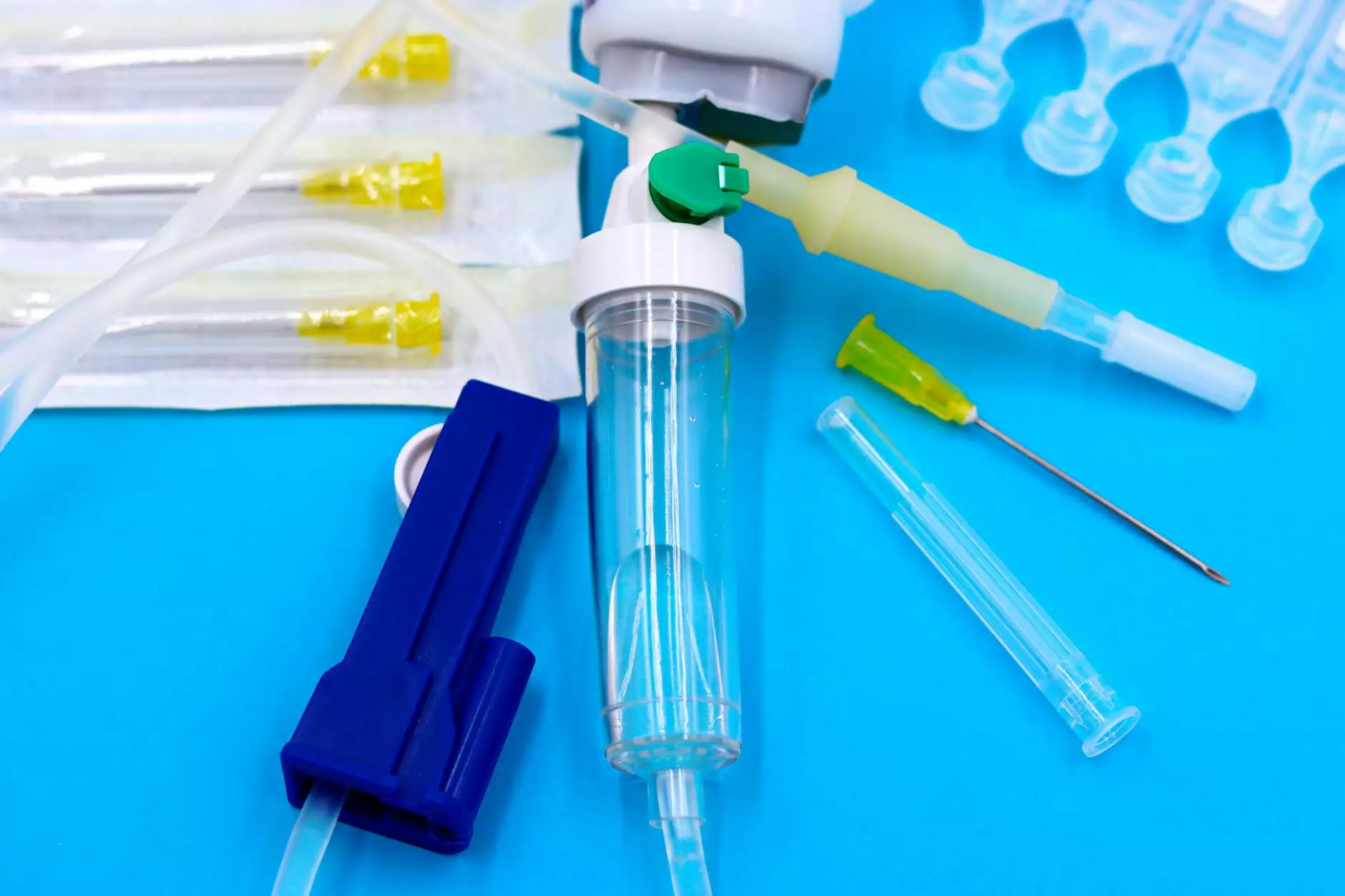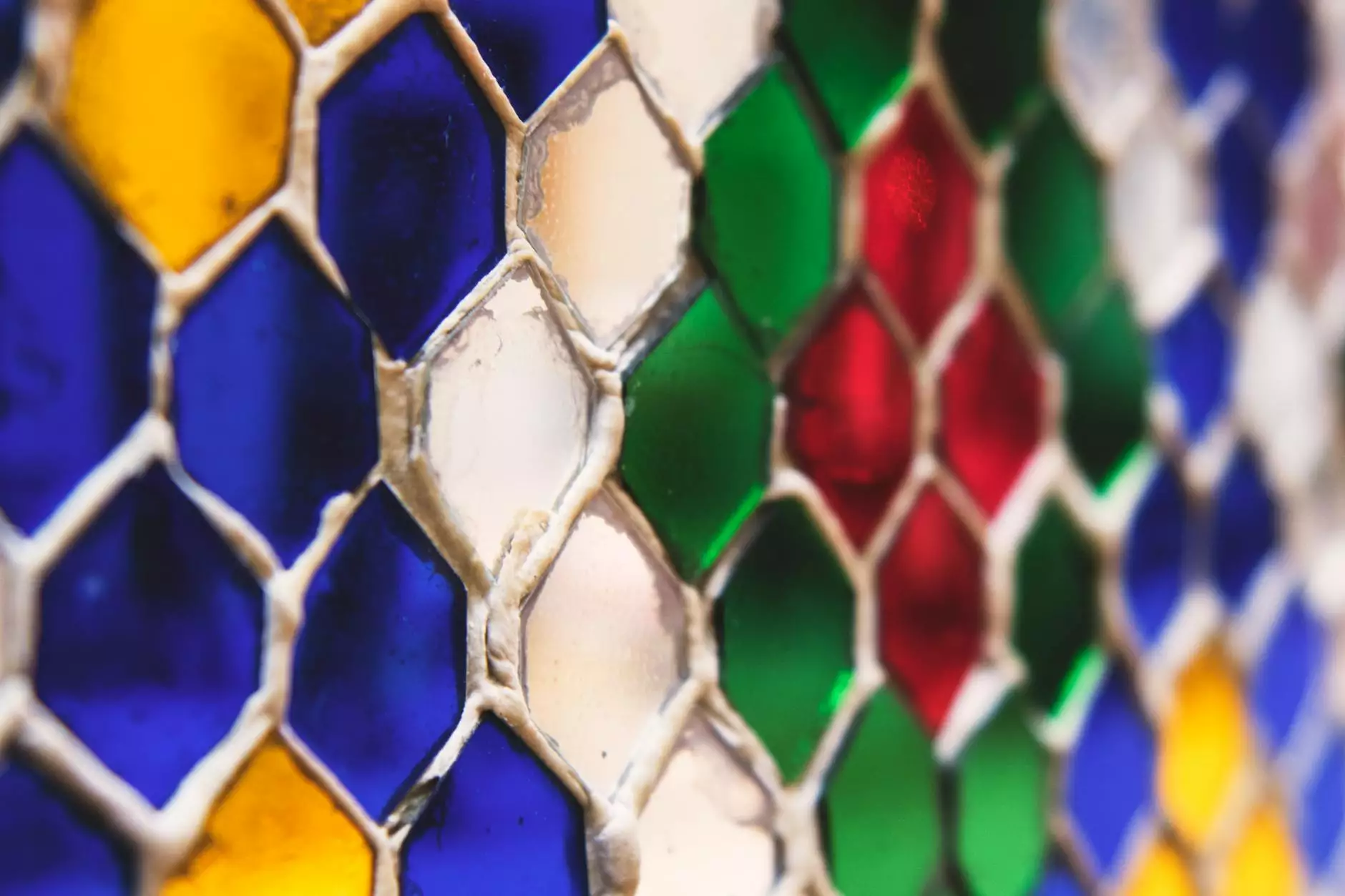Corn on Foot Treatment: Comprehensive Strategies for Relief

Understanding Corns: What They Are
Corns are localized thickened areas of skin that develop in response to persistent friction or pressure. Most commonly found on the feet, they can form due to ill-fitting shoes, structural foot abnormalities, or excessive walking and standing. Understanding the nature of corns is crucial for effective treatment.
The Causes of Corns on Feet
There are several factors that contribute to the development of corns, including:
- Improper Footwear: Shoes that don't fit well can cause friction, leading to corn formation.
- Foot Deformities: Conditions like bunions or hammertoes can exacerbate the problem.
- High Levels of Activity: Individuals who are on their feet for extended periods may be more prone to developing corns.
- Dry Skin: When skin is dry, it is less elastic and more prone to thickening.
How to Identify Corns
Corns are usually easy to identify. They appear as thick, yellowish patches of skin, often surrounded by inflamed skin. They can be painful, especially when pressure is applied. If you're experiencing discomfort that you suspect may be due to a corn, it’s important to seek professional advice.
Preventing Corns on Feet
Prevention is the best solution when dealing with corns. Here are some effective strategies:
- Choose Proper Footwear: Select shoes that fit well and provide ample space for your toes. Avoid high heels or extremely tight shoes.
- Use Protective Padding: Corn pads can cushion the area and reduce pressure.
- Maintain Foot Hygiene: Regularly wash and moisturize your feet to keep the skin supple and less prone to corn formation.
- Monitor Foot Changes: Pay attention to changes in your feet and seek medical advice if you notice any abnormalities.
Corn on Foot Treatment Options
When it comes to corn on foot treatment, various methods can be employed, depending on the severity and cause of the corn:
At-Home Treatments
For minor corns, several home remedies may provide relief:
- Soaking Feet: Soaking your feet in warm, soapy water can help soften the corn, making removal easier.
- Pumice Stone: After soaking, gently exfoliate the corn with a pumice stone to remove dead skin.
- Moisturizers: Applying a thick moisturizer can keep skin hydrated and may assist in softening corns.
- Over-the-Counter Treatments: Products containing salicylic acid can be effective in removing corns but should be used cautiously.
Professional Treatments
If home treatments are ineffective, it's advisable to seek professional help:
- Podiatrist Consultation: A podiatrist can examine your feet for underlying conditions that may be causing corns.
- Corn Excision: A professional can safely excise the corn, providing immediate relief.
- Custom Orthotics: If structural foot issues are a contributing factor, custom orthotics may be recommended to redistribute pressure when you walk.
- Foot Re-evaluation: Regular checkups can help monitor foot health and prevent corns from forming in the future.
Living with Corns: When to Seek Help
While corns might seem minor, ignoring persistent pain or discomfort can lead to complications, especially for individuals with diabetes or other circulatory disorders. It’s crucial to seek help if:
- You experience severe pain in the area.
- There are signs of infection, such as redness, swelling, or discharge.
- Your corn does not improve with home treatment.
- You have underlying health conditions that affect circulation or nerve sensitivity in the feet.
Alternative Treatments for Corns
Beyond traditional treatments, some individuals explore alternative options, such as:
- Acupuncture: This traditional Chinese medicine technique can help alleviate pain associated with corns.
- Herbal Remedies: Some herbs, like calendula and chamomile, may have anti-inflammatory properties aiding in the healing process.
- Essential Oils: Oils like tea tree oil have antifungal and antibacterial properties that can help soothe skin irritation.
Importance of Foot Health in Overall Wellness
Maintaining good foot health is integral to overall wellness. Healthy feet support mobility and independence. Neglecting foot care can lead to various complications, especially for older adults. Regular foot assessments and addressing concerns, such as corns, can enhance quality of life.
Conclusion
Corn on foot treatment involves a combination of prevention, at-home care, and professional intervention. Understanding the causes and symptoms can help you take proactive steps to maintain foot health. Regularly monitoring your feet, choosing appropriate footwear, and consulting with a healthcare professional when necessary can aid in managing and preventing corns effectively. Remember, healthy feet are vital for an active and pain-free life. Don’t hesitate to seek help if you’re struggling with corns – your feet deserve it!









